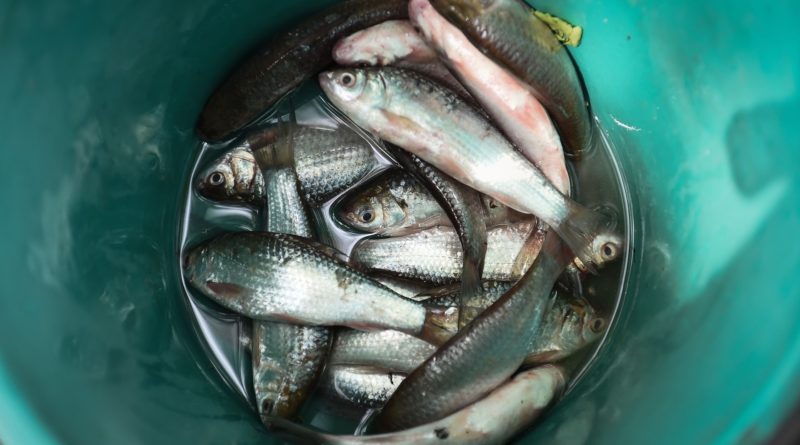Thai Doctor Fights Against Carcinogenic Raw Fish Dish That Killed His Parents
Source: The Guardian
Koi pla, raw fish ground with spices and lime, is thought to kill up to 20,000 people in Thailand every year.
A doctor in Thailand whose parents died from liver cancer after eating a much-loved raw fish dish is travelling the country’s rural north-east to warn people off the recipe.
Koi pla, a cheap plate of raw fish ground with spices and lime, is eaten by millions of Thais, especially in one of the nation’s poorest provinces, Isaan.
But the meal often contains parasites that cause a type of liver cancer believed to be killing up to 20,000 Thais per year. Isaan has the highest reported instance of cholangiocarcinoma, or bile duct cancer, in the world.
The aggressive cancer is often caused by a parasitic flatworm – or liver fluke – native to fresh water fish in the Mekong region.
“It’s a very big health burden around here,” Narong Khuntikeo, who went on to become a liver surgeon after he lost his parents, told Agence France-Presse.
“But nobody knows about this because they die quietly, like leaves falling from a tree.”
Without surgery, the disease has one of the lowest survival rates of all cancers, according to cholangiocarcinoma charities.
Narong has brought together scientists, doctors and anthropologists in his fight against the “silent killer”.
His team has spent four years driving ultrasound machines and urine testing kits around the Isaan region, testing villagers for the parasite. Up to 80% of the inhabitants of some communities were found to have ingested the parasite. At a recent testing visited by AFP, a third of villagers showed abnormal liver symptoms and four were suspected to have cancer.
“I’ve never been checked before, so I think I will probably have it because I’ve been eating [koi pla] since I was little,” said Thanin Wongseeda, a 48-year-old queueing up for the screening in Kalasin province.
Thanin’s test came back negative, but he said he would stay away from the uncooked fish salad from now on.
Narong is encouraging others to do the same but it is proving difficult, especially in a country famed for and proud of its treasured local dishes, their recipes passed down across generations.
Local health officials have introduced a school curriculum of colourful cartoons that aims to teach children about the risks of raw foods.
But older generations are harder to convince, says Narong.
“They’ll say: ‘Oh well, there are many ways to die,’” he said. “But I cannot accept this answer.”
Doctors recommend frying the mixture of chopped fish but many villagers say cooking the pink flesh gives it a sour flavour.
“I used to come here and just catch the fish in the pond,” said Boonliang Konghakot, a farmer from Khon Kaen province. “It’s so easy to eat raw.”

